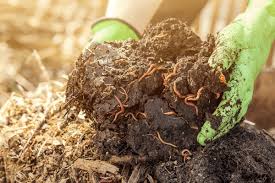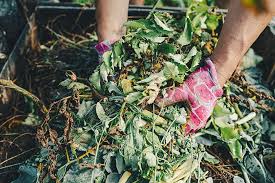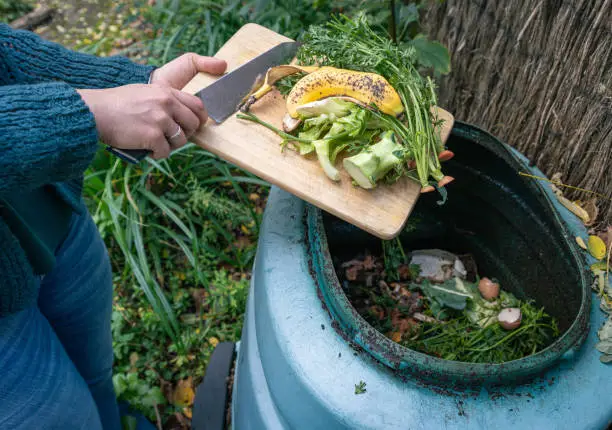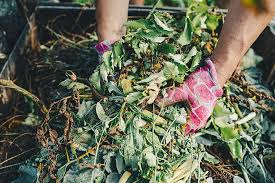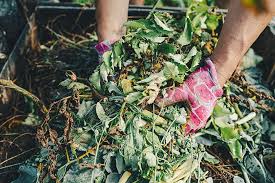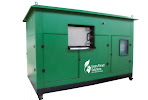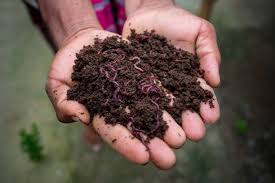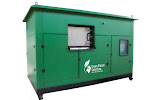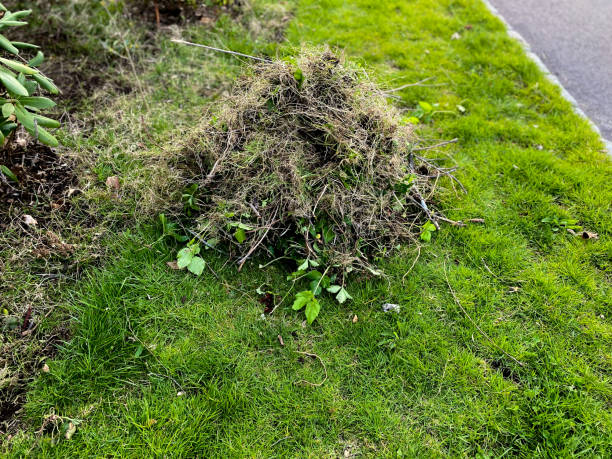ENQUIRE NOW FOR BEST COMPOSTING MACHINES IN INDIA – https://share.hsforms.com/1d12AT_oJScm8iiXbjSrEIwrh2r7
Introduction: India’s Food Waste Emergency Has Reached a Breaking Point
India generates over 75 million tonnes of food waste every year, and by 2025, this number is expected to surge even higher. Landfills are overflowing. Cities like Pune, Mumbai, Delhi, and Bengaluru are struggling. Municipal corporations are imposing hefty fines on bulk waste generators.
This alarming situation is why on-site composting in India 2025 is no longer optional — it’s becoming mandatory.
The government, municipalities, and environmental bodies are pushing towards decentralized waste management to reduce pressure on landfills and cut methane emissions.
This is the moment when organizations turn to Green Planet Solutions Pune, India’s trusted partner for high-speed, fully automatic on-site composting solutions.
🌱 1. India’s Food Waste Crisis: Why the Situation Is Urgent
India is facing a massive waste management catastrophe:
- 50% of landfill waste is wet waste
- Landfills like Deonar, Ghazipur & Bellandur are at explosive methane levels
- Urban waste is increasing at 7% every year
- Municipalities cannot handle transportation costs
- India loses ₹92,000 crore worth of food annually
This emergency has forced policymakers to enforce on-site composting in India 2025.
Power Words: alarming, catastrophic, crisis, urgent, explosive, mandatory, essential
⚠️ 2. New SWM Rules: On-Site Composting Is Mandatory for Bulk Waste Generators in 2025
Under India’s Solid Waste Management Rules, the following must now process their wet waste on-site:
✔ Housing societies with 100+ flats
✔ Hotels & restaurants generating 50KG+ waste/day
✔ IT parks & corporate campuses
✔ Malls & commercial buildings
✔ Schools, colleges, universities
✔ Industrial canteens
✔ Large kitchens & banquet halls
Penalties for non-compliance (2025 updates):
- ₹5,000–₹25,000 per day (city dependent)
- Waste pickup refusal
- Cancellation of trade license (restaurants/hotels)
- Occupancy certificate delays (real estate)
This is why businesses are installing on-site composting in India 2025 to avoid financial losses.
ENQUIRE NOW FOR BEST COMPOSTING MACHINES IN INDIA – https://share.hsforms.com/1d12AT_oJScm8iiXbjSrEIwrh2r7
⚡ 3. Why On-Site Composting Works Better Than Contractor Disposal
Contractors are increasing rates every year — ₹4 to ₹8 per kg in many metro cities.
But on-site composting delivers:
✔ 90% reduction in waste volume
✔ Zero dependency on waste trucks
✔ No foul smell
✔ Daily compost output
✔ Cheaper long-term cost
✔ Guaranteed compliance
✔ No fines
When costs, compliance, and sustainability intersect — on-site composting wins every time.
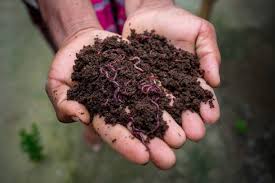
🏢 4. How On-Site Composting in India 2025 Helps Different Sectors
🏘 Housing Societies
- Avoid hefty municipal fines
- Produce compost for gardens
- Become “Zero Waste” certified
🏨 Hotels & Restaurants
- Reduce waste disposal cost by 50%
- Improve hygiene & brand reputation
- Meet FSSAI sustainability norms
🏢 Corporates & IT Parks
- Improve ESG scores
- Create green campuses
- Support LEED/IGBC certifications
🏫 Schools & Colleges
- Educational sustainability model
- Lower gardening expenses
🏭 Industrial Canteens
- Manage daily food waste effortlessly
- Odour-free, clean, fast processing
- ENQUIRE NOW FOR BEST COMPOSTING MACHINES IN INDIA – https://share.hsforms.com/1d12AT_oJScm8iiXbjSrEIwrh2r7
🔥 5. The Environmental Impact: Why India Needs Decentralized Composting Now
On-site composting helps India reduce:
✔ Methane emissions
✔ Landfill fires
✔ Transportation pollution
✔ Soil degradation
Every composter installed = one step closer to a cleaner, greener India.
This creates a strong emotional connection — perfect for brand positioning.
🛠 6. Why Green Planet Solutions Pune Is the Top Choice for Composting Machines in India
Green Planet Solutions Pune offers:
⭐ Rapid composting machines (6–24 hours)
⭐ Odour-free, gas-free operation
⭐ Fully automatic, low-maintenance designs
⭐ Machines from 25KG to 2000KG/day
⭐ 10+ years of composting expertise
⭐ Installed in societies, hotels, corporates, industries
Your buyers want reliability.
Your buyers want performance.
Your buyers want compliance.
And Green Planet Solutions delivers all three.
ENQUIRE NOW FOR BEST COMPOSTING MACHINES IN INDIA – https://share.hsforms.com/1d12AT_oJScm8iiXbjSrEIwrh2r7
💰 7. Cost Comparison: Why On-Site Composting Saves Money
| Expense Type | Contractor Waste Disposal | On-Site Composting |
|---|---|---|
| Monthly Cost | Very High | Low |
| Fines | Yes | No |
| Compost Output | No | Yes |
| Long-Term ROI | Low | Very High |
| Maintenance | High | Low |
On-site composting systems pay for themselves within 12–18 months.
This is why 2025 is seeing a huge demand surge.
Want to avoid 2025 waste fines?
Want your society, hotel, or corporate to go Zero Waste?
Want to install the most efficient composter in India?
👉 Request a Free Site Visit & Cost Calculation
👉 Get Your On-Site Composting Plan
👉 Ask for a Machine Demo from Green Planet Solutions Pune
#OnSiteComposting #FoodWasteCrisisIndia #CompostingMachineIndia #WasteManagementIndia #GreenPlanetSolutions #DecentralizedComposting #SWMRules2025 #ZeroWasteIndia #BulkWasteGenerator #SustainabilityIndia #PuneWasteManagement #MumbaiWasteManagement
